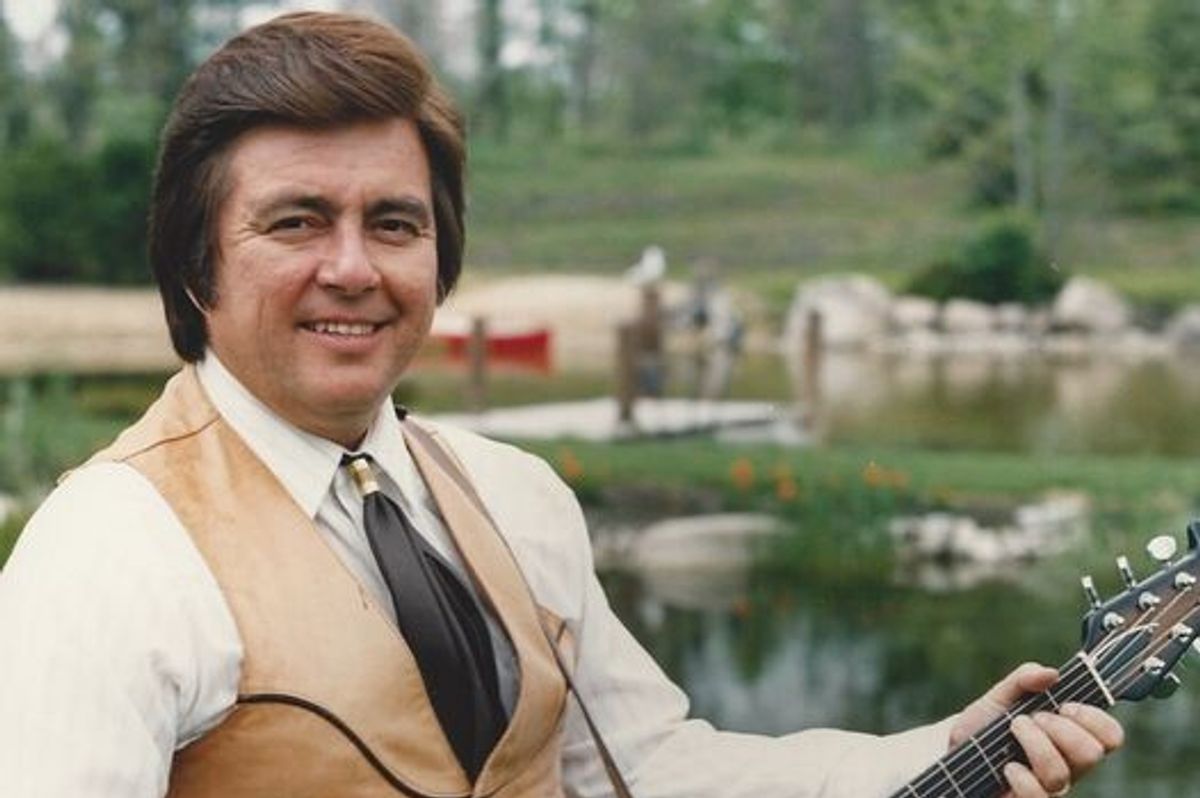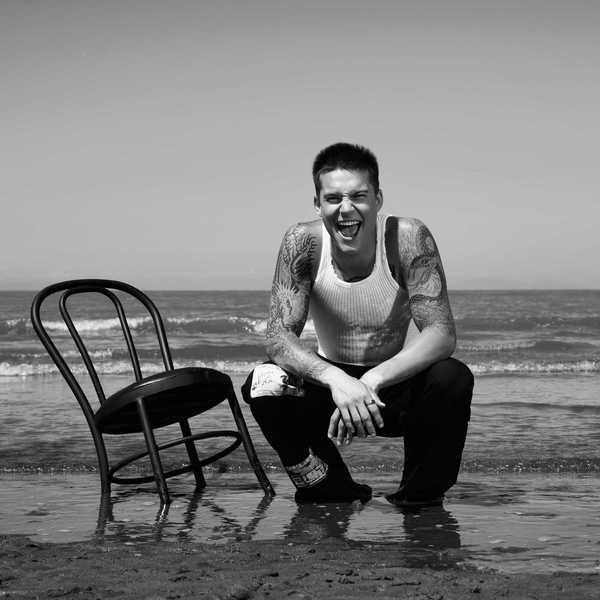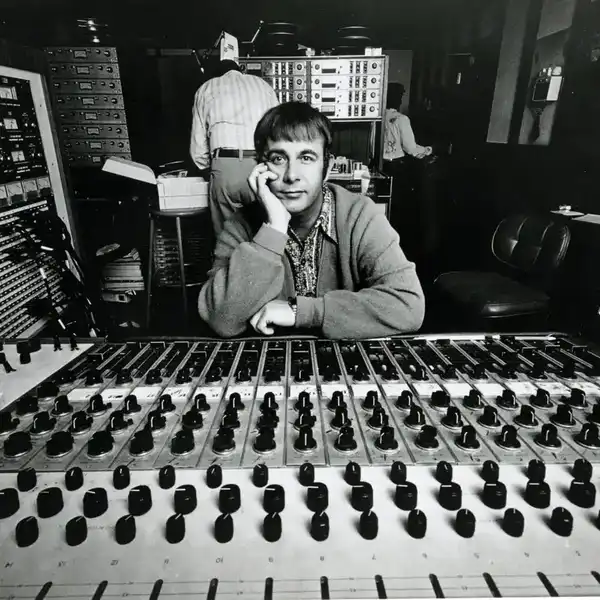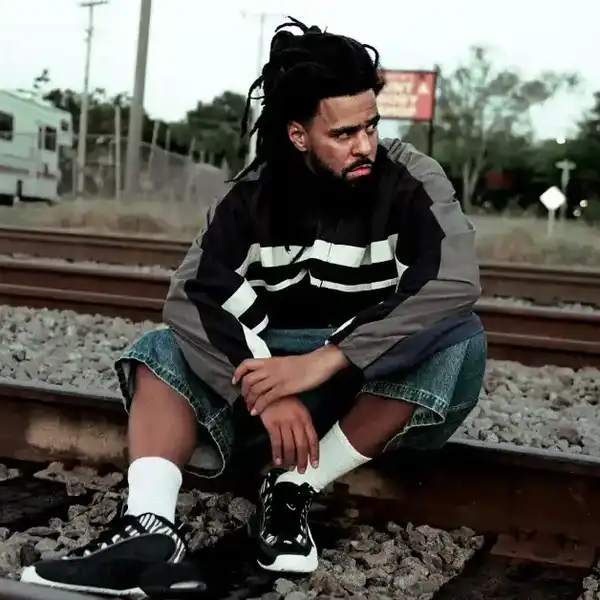Obituaries: Métis Country Star Ray St. Germain, Rush Producer Peter Collins and More
This week, we have Canadian tributes to witty songsmiths Kinky Friedman and Martin Mull, and we also acknowledge the passing of Crazy Town singer Shifty Shellshock and dance music producer Dario G.

Ray St. Germain
Ray St. Germain, a singer-songwriter, TV host and Métis country music legend from Manitoba, died on June 25, at age 83. He had been living with Parkinson's disease.
Canadian Press reports that "St. Germain started his music career at age 14 in the country band the Rhythm Ranch Boys, first playing the accordion and singing, and later adopting the guitar with a little inspiration from Elvis. His first television appearance was on the cross-Canada singing competition 'Talent Caravan' in 1958, where he won the local series."
Canadian country music authority Larry Delaney informs Billboard Canada that "St. Germain was also a member of several Winnipeg area rock n' roll bands. He then joined the Hal Lone Pine & Betty Cody Show and their CKY Caravan troupe, which also featured Hal Lone Pine & Betty Cody's son Lenny Breau (St. Germain would later join guitar Lenny Breau in the Mississippi Gamblers).
"Following the demise of the group, St. Germain returned to his rock 'n roll and pop stylings, and eventually moved into television hosting the CBC's Hootenanny show out of CBC Winnipeg. Ray St. Germain was also a gifted Elvis impersonator, and his cabaret shows also featured his singing impersonations of stars like Johnny Cash, Hank Snow, Charlie Rich and more."
After a spell residing in Toronto, St. Germain returned to Winnipeg to host CBC’s Music Hop Hootenanny from 1964 to 1966. After its cancellation, CBC continued to hire him as a guest host on programs that included Show of the Week and In Person, where he welcomed then-rising stars Sylvia Tyson, Anne Murray and Gordon Lightfoot. By the early 1970s, St. Germain returned to country music, hosting the TV show My Kind Of Country, later renamed which underwent name changes to Ray St. Germain Country and eventually Big Sky Country, during its 13 seasons run.
As a recording artist, he released albums on RCA, Paragon, Capitol, Rayne, Sunshine, Broadland and Arbor, as well as numerous singles released on a variety of labels. Perhaps his most memorable song is "The Metis," one he penned as a tribute to his native heritage.
As APTN notes, this helped earn him the Aboriginal Order Of Canada award in 1985, and in 1998 he was a recipient of The Aboriginal Wall Of Honour award. St. Germain also earned several Manitoba Country Music Association awards for Entertainer Of Year, Song Of Year and Male Vocalist Of Year. He was inducted into the Canadian Country Music Hall Of Fame in 2010.
On June 7 this year, he attended a special unveiling of Big Sky Country Way a roadway named in his honour in his hometown of St. Vital, Manitobaa. CP reports that "At the event, St. Germain performed publicly for the final time, delivering a rendition of Elvis Presley’s 'It’s Now or Never' from his wheelchair."
In 2005, he published a memoir entitled I Wanted to Be Elvis, So What Was I Doing in Moose Jaw?. In it, he noted that “I’ve played pubs, clubs, lounges, fairs, rodeos, festivals and wherever they needed entertainment, including countless charity gigs.... I have a lot of mugs.”
St. Germain found his groove hosting music programs on various TV and radio networks in the decades that followed, including the two-hour radio show Métis Hour x2 which he helmed for two decades until his retirement in 2022. St. Germain also put significant effort into boosting Métis culture.
Noted Toronto musician/producer Greg Kavanagh (BKS, Wendy Lands) offered this tribute to Billboard Canada: "Back in the late 80s, Ray did a few TV specials in Winnipeg and I was at the shoots for about a month for two seasons. We ended every day with dinner and a few scotch and talked about his journey. Lenny Breau was his brother in law so he gave me a few cassettes and shared stories of Lenny. We had fun together and had many late night calls for a while after I returned to Toronto. A great character."
International
Peter Collins, a veteran British record producer who helmed albums by Rush, Alice Cooper, Queensryche, Bon Jovi and many more, died in late June, at age 73, of pancreatic cancer.
In its obituary, Ultimate Classic Rock reported that "Collins briefly became a pop musician and then a jingle writer before his production career started in the U.K. with ‘80s pop artists including Nik Kershaw and Tracey Ullman. He moved to the U.S. where he helmed albums for artists from various genres, from Jewel to Suicidal Tendencies. Notable credits included Rush’s Power Windows, Bon Jovi’s These Days, Queensryche’s Operation: Mindcrime, Alice Cooper’s Hey Stoopid, Gary Moore’s After the War and more than 50 other records."
Collins first worked with Rush on the 1985 album Power Windows (1985) and then Hold Your Fire (1987), and is credited with bringing a more heavily synthesized sound to the band. He later produced two more Rush albums, Counterparts and Test for Echo.
The two remaining members of Rush paid tribute to Collins on social media. "So sad to hear of the passing of Peter Collins,” Geddy Lee wrote. “A dear, dear friend and producer of 4 different Rush albums. During periods in the ‘80s and ‘90s, we had some incredible musical adventures together, in various studios across the globe.
"He truly was our Mr. Big with his ever-present cigar and constant good humor. After hitting the record button, I can still hear him say, ‘OK, boys, from the topping … no stopping!’"
Alex Lifeson added that “Peter Collins will forever live in my memory as Mr. Big, sitting at his control center beside a recording console with his ubiquitous tools: a legal pad, an ashtray and a Monte Cristo No. 2."
Kinky Friedman, the country singer-songwriter known for songs like “Sold American” and his quick wit in his writings, interviews and novels, died on June 27, at age 79.
His death was announced via a statement posted to X. “Kinky Friedman stepped on a rainbow at his beloved Echo Hill surrounded by family & friends,” the message read. “Kinkster endured tremendous pain & unthinkable loss in recent years but he never lost his fighting spirit and quick wit. Kinky will live on as his books are read and his songs are sung.”
Billboard reports that "in the music world, Friedman’s best known album was 1973’s Sold American, which featured the title track, 'High On Jesus,' 'The Ballad Of Charles Whitman' and more. He also had a humor-filled campaign to run for Texas governor back in 2006. “How hard can it be?’ was the slogan of the Texas Governor Candidate. Despite the longshot, he managed to garner almost 13% of the vote.
"He also ran a popular column at Texas Monthly, and released a series of successful novels, including 1986’s Greenwich Killing Time, 1987’s A Case Of Lone Star, 1988’s When the Cat’s Away and, most recently, 2008’s What Would Kinky Do? How to Unscrew a Screwed Up World."
Friedman's shows in Toronto over the decades definitely left an impression. On Facebook, Blue Rodeo bassist Bazil Donovan recalls that "I played in his band at White Roots week at the BamBoo in 1985. It was an amazing couple of days. We played on a bill with the Del-Lords and and Blue Rodeo opened the second night. I played with Sebastian Agnello (RIP) guitar and Jim Dumanski (RIP) drums, and Ron Wiseman keys, and a Michael Simmons on guitar and vocals. Our Road Manager was Larry 'Ratso' Sloman of Bob Dylan fame. RIP Richard (Kinky) Friedman and thanks for the memories. It was special!!"
On X, Sloman posted this tribute: "I lost my best friend and the world lost a giant today. Kinky Friedman was the sweetest, most generous, and compassionate person I'd ever met. May his memory be a blessing."
Friedman played Toronto roots music hub Hugh's Room Live multiple times. A 2012 NOW Magazine review by Sarah Greene noted that "Kinky Friedman is indeed a man of many faces. At Hugh’s Room, he spent as much time telling stories and chewing on a cigar as he did singing and playing guitar. (At one point he even interrupted a segue with another segue.)
"Friedman’s irreverent, button-pushing humour was on display as he worked through his most popular songs, country tunes about women’s liberation, abortion, Christianity and antisemitism (and less incendiary subjects like sex). Between jokes about World War II and Nazis, he threw some well-written jibes at his former political rival, Rick Perry, and his dirty jokes went over well."
Dario G (born Paul Spencer), a dance music producer known for the song "Sunchyme," died on June 17, at age 53, of rectal cancer.
The Guardian notes that "Dario G was originally a trio comprising Spencer and fellow DJs Scott Rosser and Stephen Spencer, named after the manager of Crewe Alexandra football club at the time, Dario Gradi. In recent years Spencer had been using Dario G as the stage name for his solo act."
The original group were best known for their debut single, "Sunchyme," which reached No. 2 in the U.K. singles chart in 1997 and was kept off the top spot only by Elton John’s "Candle in the Wind," his tribute to Diana, Princess of Wales. A year later the trio released "Carnaval de Paris" for the 1998 World Cup in France, with the track reaching No. 5 in the UK singles chart.
Martin (Eugene) Mull, an American actor, comedian and singer-songwriter, died on June 27, at age 80. A cause of death has not been reported.
Born in Chicago to an actress and a carpenter, Mull broke into show business as a songwriter, penning Jane Morgan's 1970 country single, "A Girl Named Johnny Cash," which peaked at No. 61 on Billboard's country charts. Billboard reports that "the novelty song was an answer song to Shel Silverstein’s 'A Boy Named Sue,' which was a 1969 crossover smash for Johnny Cash.
"Mull had a minor hit on the Billboard Hot 100 as an artist in 1973, Dueling Tubas, a parody of Dueling Banjos, which was featured in the 1972 movie Deliverance. Eric Weissberg and Steve Mandell’s instrumental smash 'Dueling Banjos' logged four weeks at No. 2; 'Dueling Tubas' reached No. 92. Shortly thereafter, he began his own recording career."
Throughout the 1970s, and especially in the first half of the decade, Mull was best known as a musical comedian, performing satirical and humorous songs both live and in studio recordings.
Notable live gigs included opening for Randy Newman and Sandy Denny at Boston Symphony Hall in 1973; Frank Zappa at Austin's Armadillo World Headquarters in 1973; and for Bruce Springsteen at the Shady Grove Music Fair in Maryland, in 1974.
Mull's self-titled debut album, released by Capricorn in 1972, featured many noteworthy musicians, including Ramblin' Jack Elliott, Levon Helm from The Band, Keith Spring of NRBQ and Libby Titus. In all, he released nine albums in the 1970s, followed by one last release, Mulling It Over – A Musical Ouvre-View of Martin Mull, in 1998.
Mull’s first notable acting role was in 1976, on the soap opera spoof Mary Hartman, Mary Hartman, which led to two additional spin-off roles, including in the series Fernwood 2 Night. Later hit TV shows he appeared in included Roseanne, Arrested Development,, Sabrina The Teenage Witch and Veep. Mull was nominated for a Primetime Emmy Award for Outstanding Guest Actor in a Comedy Series for a four-episode appearance he made on Veep in 2016.
He guest starred in numerous other well-known television shows, including The Simpsons, Family Guy, Law and Order: Special Victims Unit, The Golden Girls and Two and a Half Men. His movie roles include the black-comedy Clue, inspired by the board game of the same name.
Mull also studied painting and graduated in 1965 from the Rhode Island School of Design with a Bachelor of Fine Arts.
Shifty Shellshock (born Seth Binzer), frontman of American rap rock band Crazy Town, died on June 24, at age 49. The cause of death has been revealed as an accidental overdose.
Shellshock founded Crazy Town with Bret Mazer in the mid-90s. Billboard reports that "The band released its debut album The Gift of Game in November 1999. It peaked at No. 9 on the all-genre Billboard 200 on the chart dated March 3, 2001, and remained on the tally for 34 weeks.
"The set’s third single was the charm for Crazy Town. 'Butterfly' — which sampled the Red Hot Chili Peppers’ 'Pretty Little Ditty' — arrived in October 2000 as the album’s third single and climbed to the No. 1 spot on the Billboard Hot 100, where it held the top spot for two weeks. In all, the track remained on the chart for 23 weeks. It made Billboard‘s One-Hit Wonders of the 2000s list in 2014; the band did not land another song on the tally during its career."
Sophomore album Darkhorse was released in November 2002 and debuted at No. 120. It failed to reach any higher, and fell off the chart after one week. The band broke up shortly after.

















